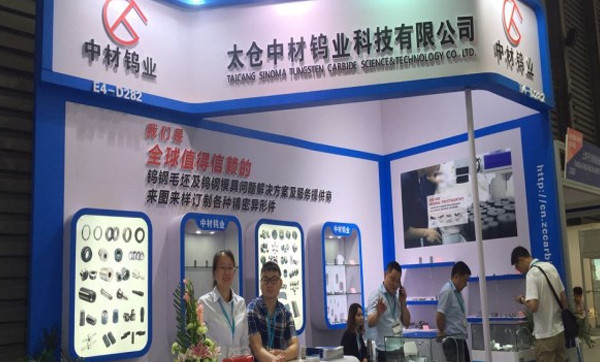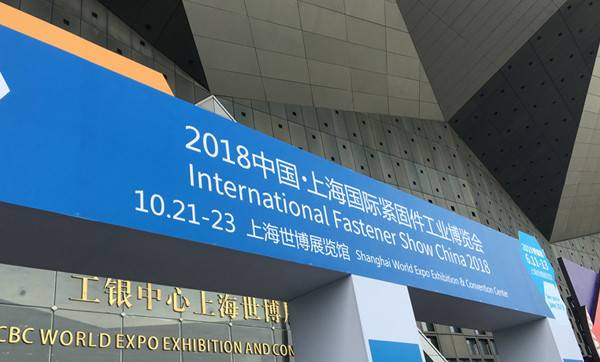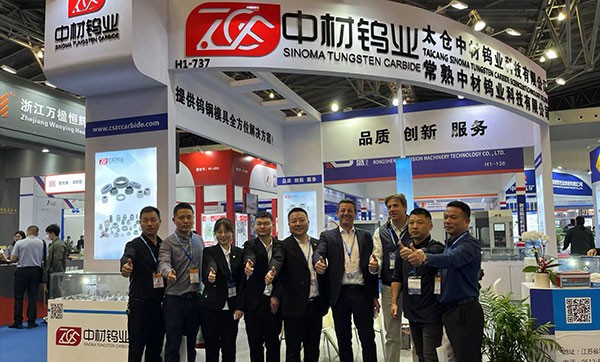One of the primary reasons for the higher cost of tungsten carbide products is the price of the raw materials. Tungsten, the main component, is a rare and dense metal with limited global reserves. Its extraction and refinement are energy-intensive and costly processes. Carbon, the other element in tungsten carbide, is relatively inexpensive, but the combination of tungsten and carbon requires precise control and high purity to achieve the desired properties. This drives up the material costs significantly compared to more common metals like steel or aluminum.
The production of tungsten carbide involves several sophisticated and high-precision processes that contribute to its cost. The primary method of manufacturing tungsten carbide involves powder metallurgy. This includes:
Tungsten carbide’s exceptional properties justify its higher cost. It boasts a hardness comparable to diamonds, making it incredibly resistant to wear and deformation. This is particularly beneficial in applications such as cutting tools, mining equipment, and wear-resistant parts, where longevity and durability are crucial. Products made from tungsten carbide often outperform those made from other materials, leading to longer lifespans and reduced maintenance costs.
For example, in the machining industry, tungsten carbide cutting tools maintain their sharpness much longer than steel tools, enabling faster cutting speeds and higher precision. This increased efficiency and productivity often offset the initial higher cost, making tungsten carbide tools a cost-effective choice over time.
Beyond industrial applications, tungsten carbide is also prized in the jewelry industry for its unique combination of hardness, scratch resistance, and metallic luster. Tungsten carbide rings, for instance, are incredibly durable and retain their polished look for years. However, the intricate design and craftsmanship required to work with such a hard material add to the manufacturing cost, making tungsten carbide jewelry more expensive than gold or silver pieces.
The premium price of tungsten carbide products is a reflection of the material's rarity, the complexity of its manufacturing process, and its unparalleled performance characteristics. While the initial cost may be higher, the longevity and efficiency provided by tungsten carbide often result in long-term savings and superior performance. As such, the investment in tungsten carbide products is justified for applications where durability, precision, and reliability are paramount.




